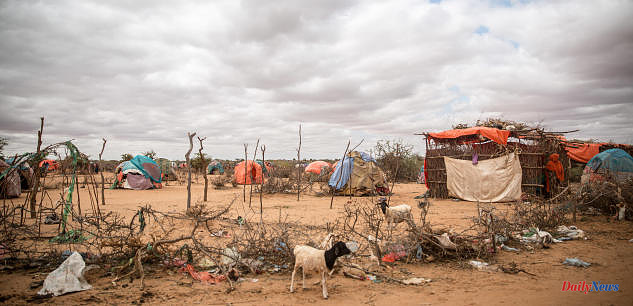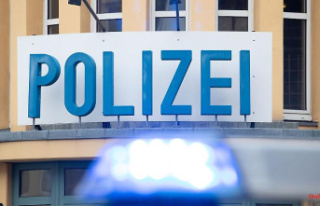Broken promises can fuel distrust in politics and lead to citizens distrusting their leaders. They are a breeding ground for resentment from poor countries toward the great powers in terms of international solidarity. Public action is not inevitable, but it is possible to resort to a series of renunciations.
Only $60 billion has been pledged almost a year after rich nations announced financial support for vulnerable countries equal to $100 billion to address the Covid-19 pandemic. Day by rich countries and only a small portion of this amount has been actually paid to the beneficiaries countries. They are rightfully impatient because they face greater challenges than ever before.
What is the real issue? The IMF made a new allocation of special drawing right (SDRs), equivalent to 650 billion US dollars, on August 23rd 2021. It distributed these SDRs among its 190 members based on their global economic weight. SDRs, which are international reserve assets, can be used by recipients countries to exchange for foreign currency without incurring additional debt. High-income countries didn't need this mechanism to combat the pandemic because they had sufficient fiscal and monetary flexibility as well as enough borrowing capacity to offset the effects of the crisis. The crisis's impact. The Summit on financing African economies in Paris was the inspiration for the proposal to ask rich countries to "recycle” a portion of their SDRs to countries most in need, particularly African countries.
It was up to the wealthiest countries to determine, on a voluntary basis how much of their SDRs they wanted to redistribute in this manner. Some countries, like France, Canada, and the United Kingdom, have announced that they would redirect 20% of their SDRs towards African economies. Others have not made any announcements. For example, the United States has yet to fulfill its promise to reallocate 20% SDRs. 40% of the 100 Billion dollars promised by the G20 is still missing.
Worse, almost none of the pledged sums have been disbursed. There are still technical solutions that allow rich countries to recycle their SDRs, without affecting their balance sheets or foreign exchange reserves. In fact, financial assistance could include loans.
But Africa is at the edge of collapse. Africa is facing a crisis that is escalating and the financial needs of African economies are becoming more urgent than ever. The shock of the global health crisis has not been fully recovered on the continent: While leaders from the G7 nations announce that they are now willing to "live with it", the pandemic has pushed 97 million people to extreme poverty. Humanitarian needs are rising due to the persistence of armed conflicts on the African continent and increased security risks. A climate crisis's effects, including droughts and flooding, raise the risk of a global food crisis. Furthermore, the country's dependence on Russian and Ukrainian agricultural imports is causing soaring food costs.
In April 2022, 335,000,000 Africans were suffering from hunger. 28 million people in East Africa are at risk from starvation. This is why 27 emerging countries, including 10 from Africa, are having major problems borrowing on the financial market. 23 African countries are in high or moderate debt distress. It would be absurd if external financial assistance was not available at a time when it is most needed. It is unacceptable that it increases the debt service repayment burden, to the detriment financing economic and social development and resilience to global shocks.
It is not the right time to procrastinate. It is essential to keep the commitment to pay 100 billion to most vulnerable countries through the recycling of SDRs from rich countries, and in particular by supporting the Multilateral Development Banks.
What makes the difference between communication at a summit of Heads-of-State and reality is consistency and monitoring of implementation. The latest example of breaking promises to African countries is recycling SDRs to keep fragile economics afloat. Although Africa feels excluded from the global pandemic vaccine campaign, France cannot allow it to be ignored by the international community. France should not accept financial support for Africa.
Our country must cooperate with all G20 countries in order to ensure that their aid commitments to Africa are met. This issue must be addressed by the President of the Republic during the French presidency in the European Union, which ends at end of the month. France must raise at least $15 billion to fund additional SDRs with European partners. This will include increasing its commitment to reach 30% reallocation before the Czech Republic takes over the Presidency of the Council of the European Union. Europe's power in this area of the world will continue to decrease, particularly among its youth, as long as it is unreliable.












